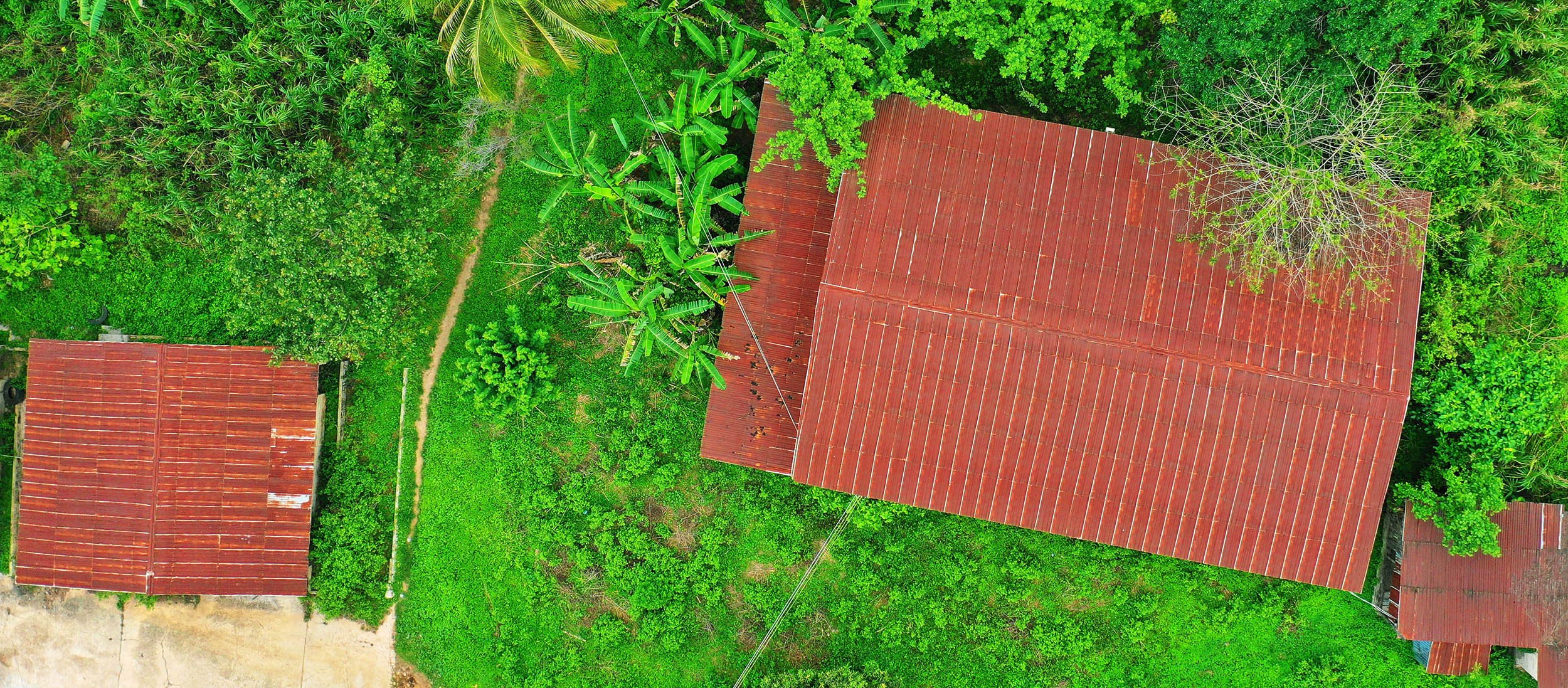
Igbo Language
Igbo is a language spoken primarily in Nigeria by the Igbo people, who are one of the largest ethnic groups in the country. It is also spoken by smaller communities in other West African countries such as Equatorial Guinea and Cameroon. Igbo is a tonal language, which means that the meaning of a word can be different depending on the tone used when speaking it.
The Igbo language has its own unique writing system, which is based on the Latin alphabet. It has 36 letters, including 8 vowels (a, e, i, ị, o, ọ, u, ụ) and 28 consonants. In addition to standard Igbo, there are also several regional dialects, including the Owerri, Onitsha, and Ngwa dialects.
Despite being one of the largest ethnic groups in Nigeria, the Igbo language has faced some challenges in recent years. English is the official language of Nigeria, and many Igbo people have come to rely on it for communication, especially in urban areas. Efforts have been made in recent years to promote the teaching and use of the Igbo language in Nigeria and around the world, in order to preserve and promote the rich cultural heritage of the Igbo people. There are now Igbo language schools, online resources, and cultural centers that offer language classes and other resources for those who want to learn more about the Igbo language and culture.
Igbo has a rich cultural and literary tradition, and there are a number of notable Igbo writers, including Chinua Achebe, author of the famous novel "Things Fall Apart." Igbo is also a language of music and dance, and traditional Igbo music often features complex rhythms and call-and-response patterns.
The origin of the Igbo language is not entirely clear, but it is believed that Ndi Igbo (Igbo people) migrated to their current location in southeastern Nigeria around the 13th century. The Igbo language is part of the Niger-Congo language family, specifically the Volta-Niger branch, and is related to other languages spoken in the region, such as Yoruba, Edo, and Ijaw.
In the pre-colonial era, the Igbo people had a well-developed system of oral communication, with storytelling, proverbs, and songs playing an important role in their culture. The language was primarily a spoken language, and there was no standard written form of Igbo until the arrival of Christian missionaries in the 19th century.
The first attempts to write the Igbo language were made by European Christian missionaries in the 1850s. They developed a written form of the language based on the Latin alphabet, which was used to translate the Bible and other Christian texts into Igbo. This led to the standardization of the language and the development of a literary tradition in Igbo.

In the 20th century, Igbo became an important language in Nigeria, particularly in the areas of education, politics, and the media. However, the use of the language was suppressed during the Nigerian Civil War in the 1960s, when the Igbo people attempted to secede and form the independent state of Biafra. After the war, efforts were made to promote the use of Igbo, and it is now one of the official languages of Nigeria.
Today, Igbo is spoken by approximately 24 million people in Nigeria and has a growing diaspora community around the world. It continues to be an important language in the culture, literature, and politics of Nigeria.
Nsibidi
Nsibidi is a system of symbols and signs used by the Igbo people for communication and art. It was developed by the Ekpe leopard society, a secret society of the old Calabar Kingdom and was a way to pass on knowledge and information among members.
Igbo dialects
Igbo language has several dialects that are spoken by different communities. These dialects have some similarities in their vocabulary, grammar, and syntax, but there are also some differences that distinguish them from each other. Some of the main Igbo dialects include:
Owerri
Spoken in the capital city of Imo State, Owerri, and its surrounding areas.
Onitsha
Spoken in the commercial city of Onitsha and its neighboring towns.
Nsukka
Spoken in Nsukka and the surrounding towns in Enugu State.
Abakaliki
Spoken in Abakaliki and other towns in Ebonyi State.
Umuahia
Spoken in Umuahia and the surrounding areas in Abia State.
Ngwa
Spoken in Aba and its environs, and also in some parts of Akwa Ibom and Rivers States.
Enuani
Spoken by the Enuani people in Delta State.
Mbaise
Spoken in Mbaise, Imo State.



